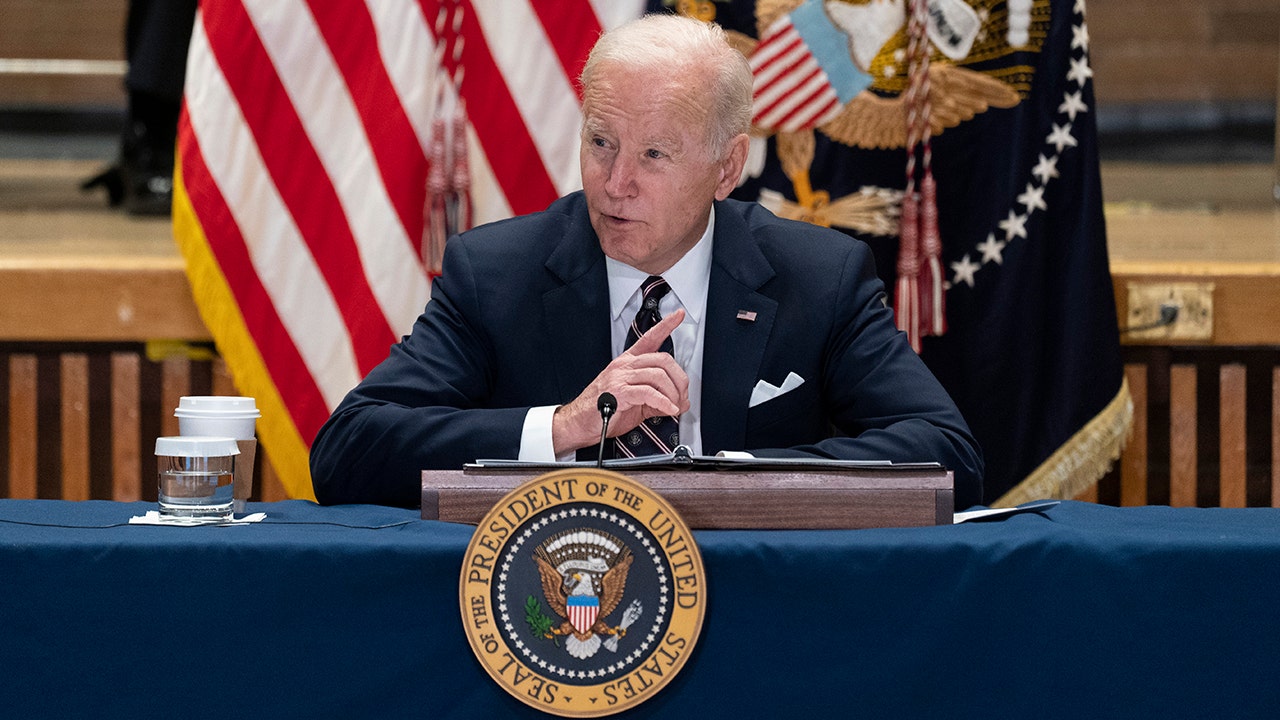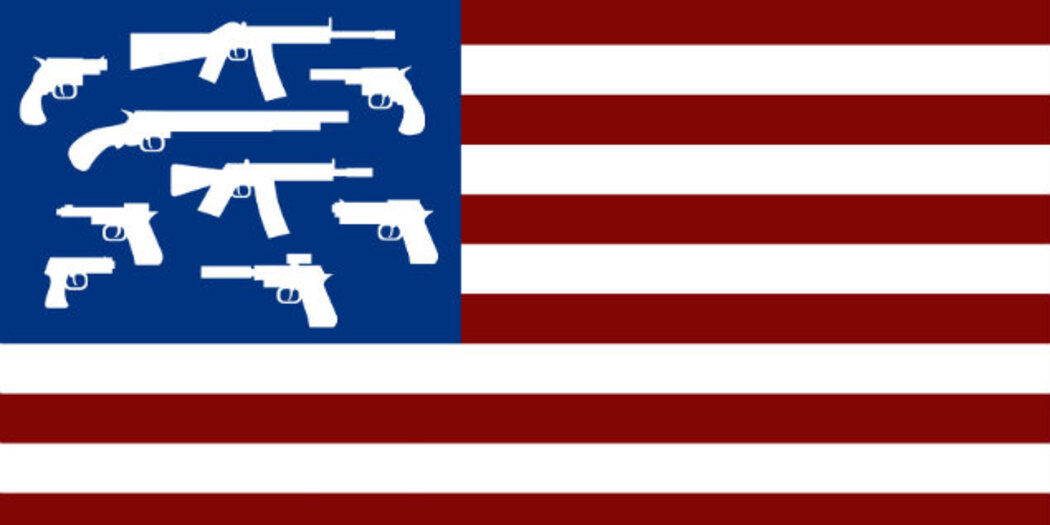woodwork201
Diamond Member
- Mar 2, 2021
- 4,631
- 2,848
- 1,938
Heller was the precedent setting ruling.
"When the Constitution was first ratified, most of its provisions specified the extent and limits of federal government authority. Even the familiar protections enumerated in the Bill of Rights—such as the First Amendment's freedom of speech and religion clauses—initially affected only the powers of the federal government, not the state governments.10 In 1868, however, the 14th Amendment was ratified, explicitly forbidding states to “deprive any person of life, liberty, or property, without due process of law.”11 As a result, the Supreme Court began to decide that most of the Bill of Rights guarantees were included in—or “incorporated” into—the more general language of the 14th Amendment as a limit on state (not just federal) powers. But the court has never accepted the argument that the entire Bill of Rights was incorporated en masse, preferring a case-by-case (right-by-right) approach.12
Until the McDonald decision, the Second Amendment remained one of the very few parts of the Bill of Rights not so “incorporated.” In fact, in a pair of 19th-century cases—United States v Cruikshank (1876)13 and Presser v Illinois (1886)14—the court found that the Second Amendment limited only the federal government. Numerous state laws affecting gun ownership have been upheld on this basis."
Selective incorporation is a crock and always was a crock. Nothing in the Constitution gave the Supreme Court the authority to selectively do anything. They might legitimately believe that the Bill of Rights applies to the States and they might or might not be correct in that belief - but they can't possibly believe that the 1st, 4th, 5th Amendments obligate the States but the 2nd does not. That is an asinine idea from the start. The logic applied must be applied equally across the board or, as was the case from the first Incorporation case, it was just the Court making it up according to their personal wishes rather than the Constitution they were sworn to uphold. With selective incorporation they set themselves up as Supreme Rulers rather than the constitutionally defined Supreme Court.

